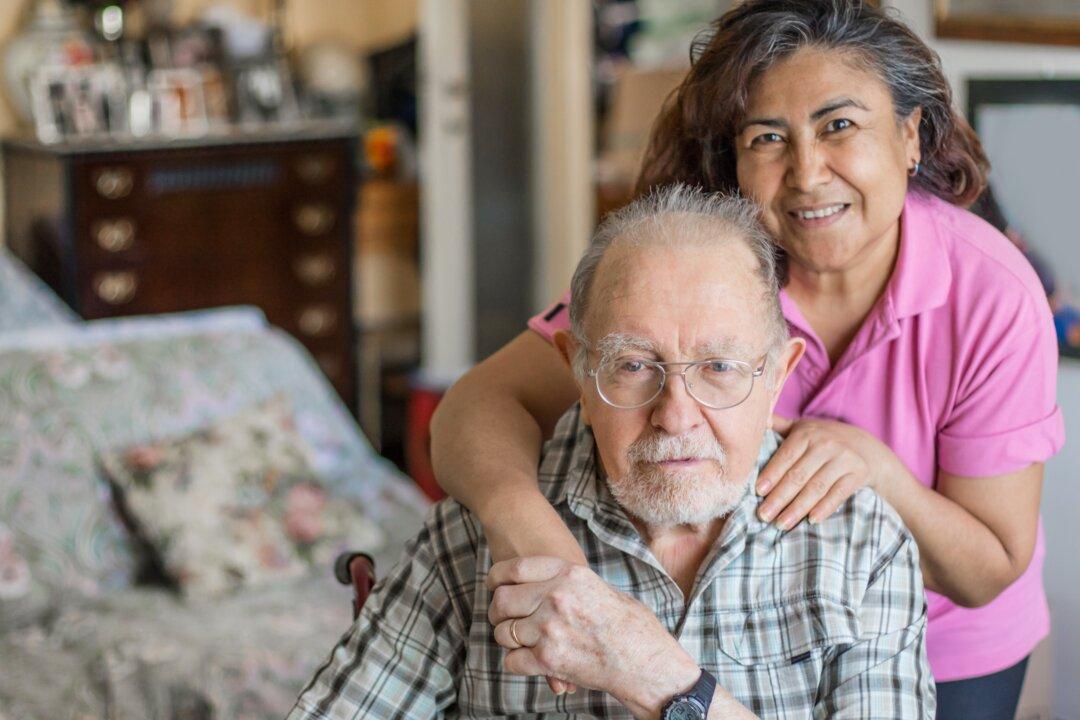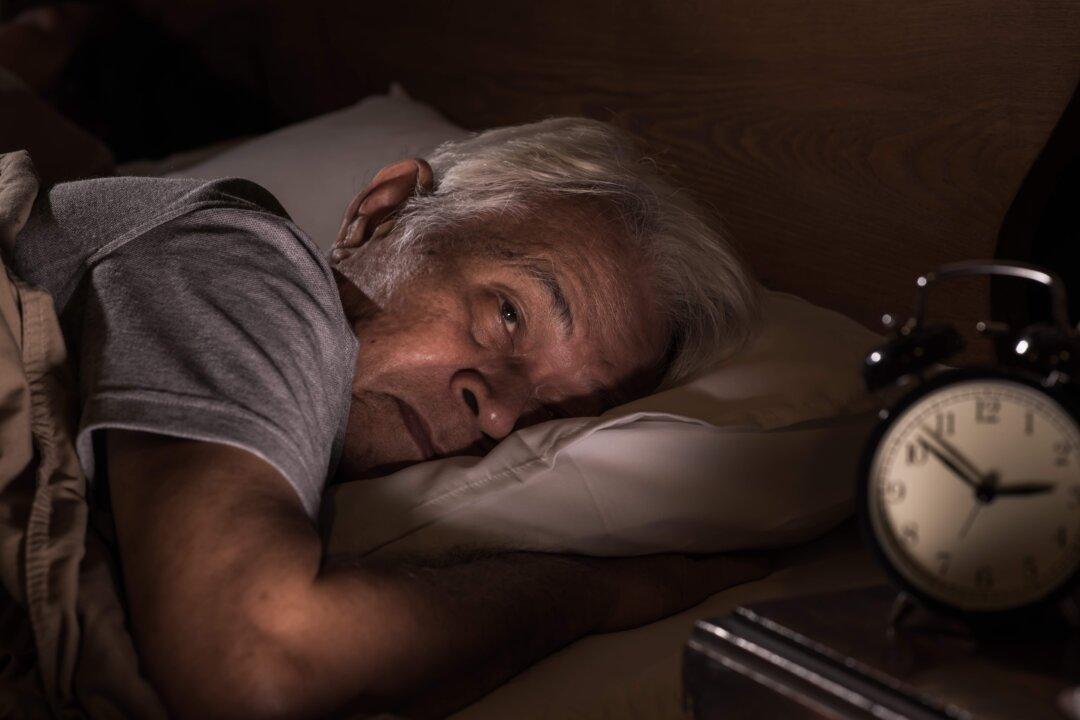Full disclosure: Even though I’ve been obsessed with health issues my entire life, I’ve never been interested in working in the medical field. Most of my classmates from my all-girls high school chose nursing as a career, but I was so freaked out by hospitals and illness that I was the only teenager in my class to actively boycott working as a candy striper.
But life has a funny way of catching up with you. So, more than five decades after my high school graduation, I found myself firmly in the throes of a family medical situation, and I was a caregiver. Unfortunately, my husband was battling lung cancer, and I, for the first time ever, had an adult who looked to me to make sure that everything from appointments to comfort level to dietary restrictions to medications was maintained and observed.






